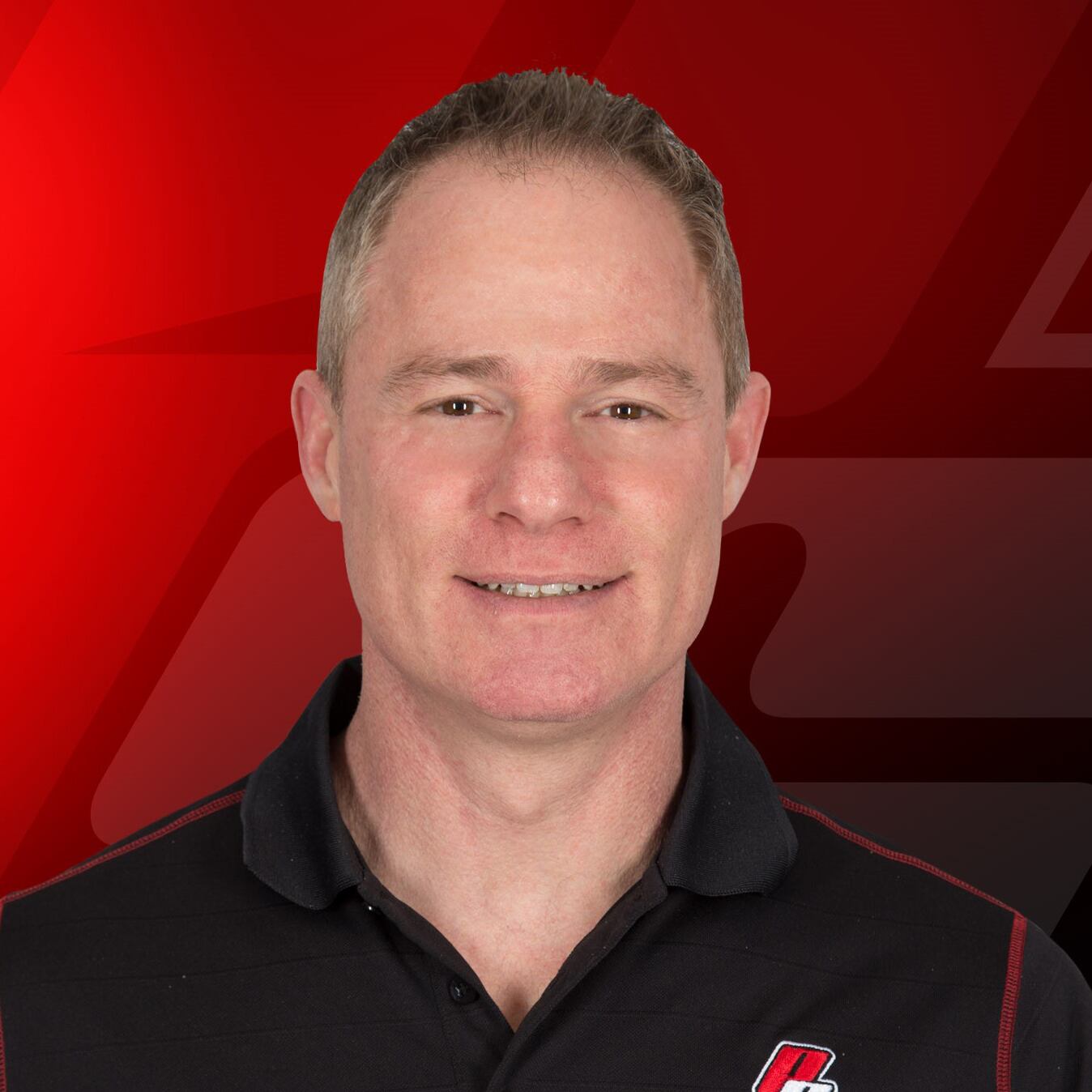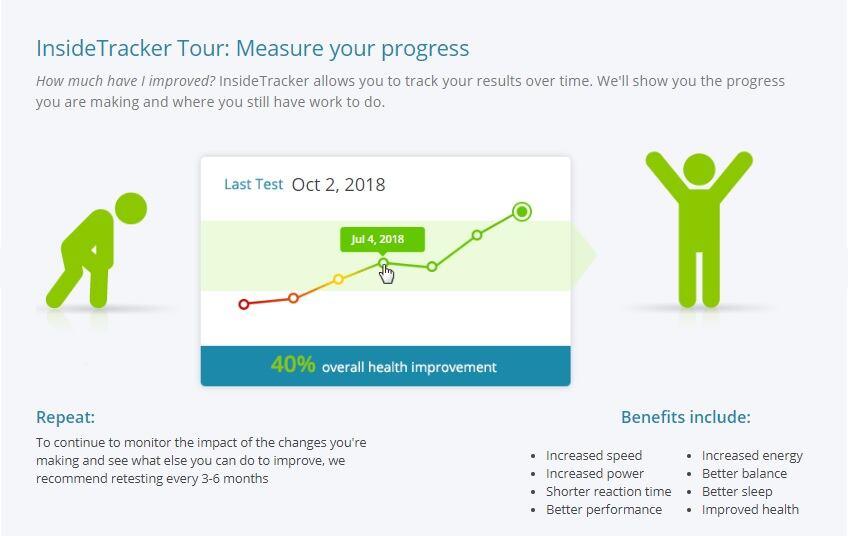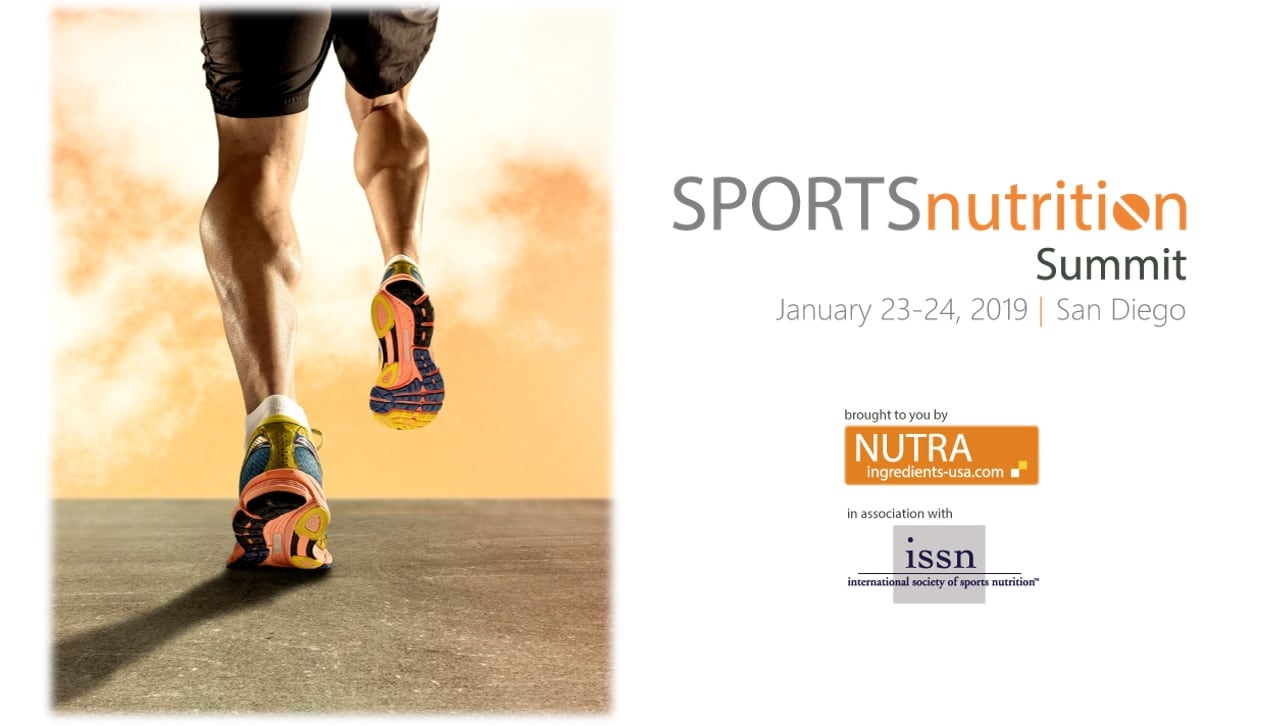David Sandler joined ProSupps USA as COO in October 2016. The company’s standout brands are its Dr Jekyll and Mr Hyde products, and while the company remains dedicated to its ‘hardcore grassroots’ consumers, the brand is increasingly catering to more mainstream consumers. ProSupps has manipulated the formulation of its Mr Hyde NitroX for Walmart with lower caffeine doses, for example.
This is reflective of the general mainstreaming or softening of sports nutrition products that has seen groups from soccer moms to seniors looking to sports nutrition products.
And it’s not just the category’s consumers that are changing, but how those consumers are shopping, said Sandler.
“Like many brands, there has been a decrease in sales at specialty stores, but we have seen significant growth in Amazon and mass outlets,” he said. International sales is continuing its growth representing 35+% of the company’s sales, with China, Australia and the UK leading the way.
“We see more and more people getting into the dietary supplement market in general,” he said. “We see soccer moms and seniors who want to use supplements like what athletes use.”
A problematic category that is improving

Bodybuilding products have a checkered history, with concerns around steroid spiking and other illegal ingredients being used in formulations. Indeed, the FDA – and industry critics – often group muscle-building products with two other problematical categories: sexual enhancement and weight loss.
This increased scrutiny of the sector means companies have to work harder at QA-QC, said Sandler.
“You still get small brands – we call them bath-tub brands – formulating with ingredients that FDA does not like, but that’s a really small part of the industry. Several large brands have been targeted by FDA and that puts a great target on the back of the whole sector. I think that is good as a whole. It is forcing us to find innovative ways of using old ingredients or NDI and GRAS ingredients,” he said. “No natural ingredient will provide that drug effect.”
The pre-workout sector in particular has improved following several years of problematic ingredients, such as DMAA. The category remains stimulant-based, and caffeine is not going away, he said. Compound annual growth rates for caffeine products are still in the high single digits, he added.
Sandler said that consumers are getting saturated with messaging around caffeine, and now you’re starting to see brands talk about cellular energy, fatigue reduction, and better recovery.
One area that has been getting a lot of attention are the nitric oxide boosters. “Boosting blood flow boosts everything,” he said. “Almost nothing doesn’t benefit from better blood flow.”
Initially, such ingredients were positioned more for “pump” products, but that has evolved and we are now seeing these positioned for mental focus, for example.
Full disclosure and transparency
Proprietary blends is another topic that has filled headlines, with many stakeholders calling for greater transparency. “I think the industry should be fully transparent,” said Sandler. “Originally, people did not want their formulations to be copied so they hid behind proprietary blends. It’s now super easy to knock-off a product. There’s definitely a tendency to move toward full disclosure and transparency. There’s now ‘brand bragging’ in the sector. People are saying, ‘We’re less afraid of being knocked-off because we know our brand is strong’.”
The brand story also comes into it on the topic of education. “The cost of educating consumers is high, and if I’m educating consumers then I’m doing it for all the other brands, too. So what the industry is doing is out-branding one another to build brand loyalty.”
Take Nitrosigine [by Nutrition 21], he said. “That’s an excellent ingredient, but 60 brands have Nitrosigine. Everyone has access to the same ingredients. So it’s about the strength of the brand.”
With fewer and fewer new ingredients coming into the space, where is the innovation? “It’s getting harder and harder,” said Sandler. “Where we see the innovation is around ingredient combinations or hitting different issues, such as formulations now being about recovery and blood flow.”
Moving forward, what would Sandler like to see in the space? From a scientific perspective, there is a gap when it comes to studies with trained individuals, he said. Many studies are done with general fitness enthusiasts, but not enough are being done with elite sports subjects. “Trained individuals don’t like to change their routine, which makes recruitment challenging. I’d like to see more of those types of studies.”

David Sandler will participate in the state of the industry panel discussion at the upcoming NutraIngredients-USA Sports Nutrition Summit in San Diego, January 23-24, 2019.
The event, which is run in association with the International Society of Sports Nutrition, will bring together leading scientists, brands and retailers, market analysts, and innovators in a unique, market-leading face-to-face event.
The key themes of this event include:
- The “size of the prize”
- The power and importance of social media
- Opportunities with female athletes
- Sports nutrition and the military - product use survey data and enhancing the performance of Warfighters
- The State of the Science: Sports, fitness and exercise Nutrition
- Sports Nutrition products and Elite Athletes
- Alphabet soup: Everything brands need to know about GMPs, NDIs, AERs, DASCA, SARMs…
- Bacterial boosts – The microbiome and sports
- Personalization and the digital revolution
- Nootropics & sports nutrition





